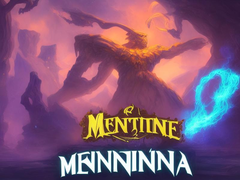Orkes, also known as Indonesian orchestral music, has a rich tradition and a significant place in Indonesian culture. This genre blends various musical influences, creating a unique and captivating sound. Originating from traditional Indonesian music forms, orkes incorporates elements from Western classical music, reflecting the historical interactions between Indonesia and European countries.
History of Orkes
The development of orkes began in the colonial era when European colonizers introduced Western musical instruments and techniques to Indonesia. This fusion led to the creation of a distinct style that combines traditional Indonesian rhythms and melodies with Western orchestration. Over the years, orkes has evolved, integrating more modern influences while maintaining its traditional roots.
Characteristics of Orkes
Orkes is characterized by its use of a diverse range of instruments, including traditional Indonesian gongs and drums alongside Western strings and brass. The music typically features complex rhythms and harmonies, creating a dynamic and engaging listening experience. This genre often accompanies traditional dances and ceremonies, highlighting its role in Indonesian cultural practices.
Contemporary Orkes
In contemporary settings, orkes continues to thrive, adapting to modern tastes and technologies. Contemporary orkes performances may include fusion with popular music genres, expanding its reach and appeal. The genre’s ability to blend tradition with innovation ensures its relevance and ongoing popularity in Indonesian music.
In conclusion, orkes represents a vibrant and evolving aspect of Indonesian music. Its rich history, distinctive characteristics, and adaptability make it an essential part of Indonesia’s cultural heritage. The genre’s fusion of traditional and modern elements showcases its versatility and enduring significance in the musical landscape.










